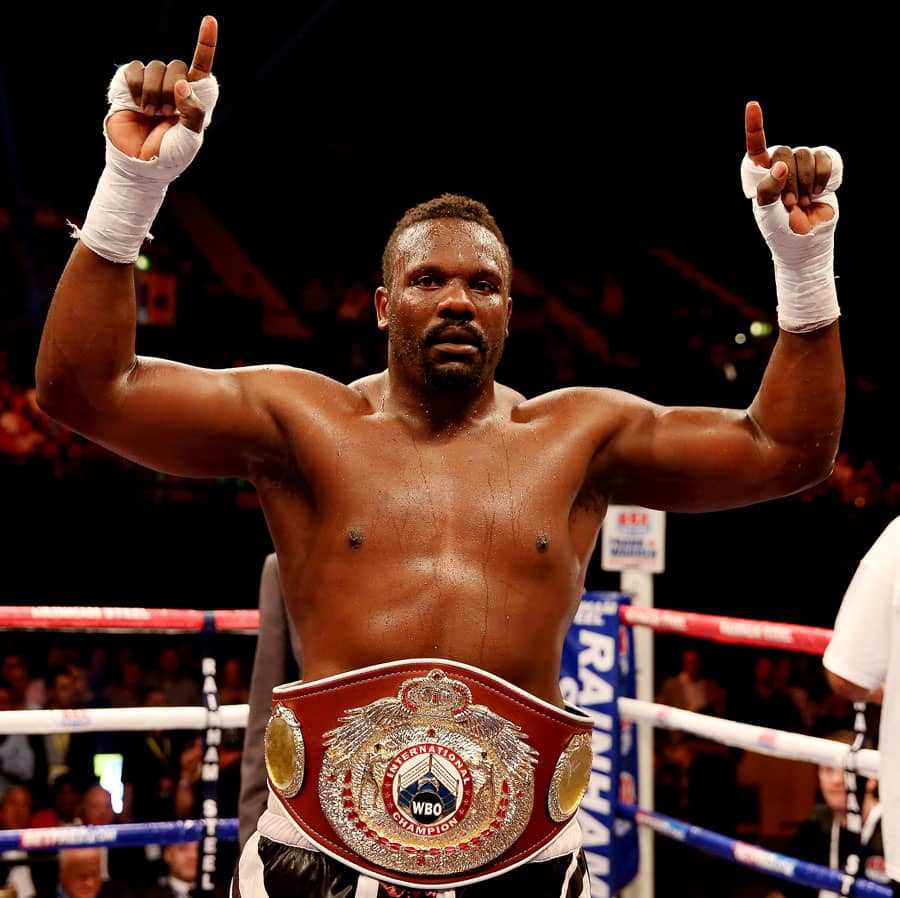
DERECK Chisora (45-W33;KO23-L12) in his latest match this month posted a split points victory over Bulgaria’s Kubrat Pulev. Staged at the 02 Arena in London, the United Kingdom, the contest was over 12-rounds.
The Mbare-born “Delboy” declared after the fight that his 'next port of call' will be Deontay Wilder, a greatly feared puncher who has a great knack for knockouts.
“Delboy” is also one of the few boxers from the Southern African region who can brag about having put their country on the world boxing map. The others are South Africans Baby Jack Mahlahla and Dingaan “The Rose of Soweto” Thobela, Namibia's Paulus " The Hitman" Moses and Lottie “Gundizani” Mwale of Zambia.
Now aged 38 and with an own knockout rate of 70%, Chisora has at one time been ranked the fifth best heavyweight, having taken on the A-list of the world's heavyweights during his career course. These include Tyson Fury, Dillian White, David Haye, Vitali Klitschko and Danny Williams, among others.
Following his latest triumph, the mainstream and social media platforms have celebrated the Zimbabwean’s achievements with some sectors tipping him to be the next best thing in this sport of 'sweet science.'
From Mbare to the world stage
While the win is likely to sustain him in the six-figure digit purses, his past cannot be over-looked, particularly for the way in which he managed to breathe life into the poor-boy-makes-good adage and escape the challenges associated with life in the ‘ghetto’ .
Mbare - where he hails from - is the same township that has borne a number of other prominent local and international boxing champions in the mold of two-time Commonwealth flyweight title holder Arifonso Zvenyika, Tar Baby and the infamous Proud “Kilmanjaro” Chinembiri.
The latter went on to conquer Africa to become the continent’s best heavyweight and befittingly earn himself the monikers "Kilimanjaro" and "The Man Mountain".
Not many, however, are as lucky as Chisora whose green book amateur record at the Zimbabwe Boxing Federation is conspicuous by its absence Like “Kilimanjaro”, he never fought as a novice, he dived straight into the deep waters of professional boxing in which he has not disappointed.
A ship on auto-pilot
Many from the domestic boxing scene now look up to “Delboy” as an inspiration especially for the young aspiring ghetto fighters. But some critics question if the country is doing the needful to produce the next Chisora when the current boxing environment is “not yet very conducive.”
Administrative deficiencies as well as lack of adequate government and corporate support are among the key challenges. Dilapidation of infrastructure has been attributed to the closure of public boxing gyms that used to be in abundance across urban areas.
The only sport governed by an Act of Parliament, the Boxing and Wrestling Control Act Chapter 25:02 (later amended to S.I. 362/1980), legislature demands that the sport of boxing be run by a commission of no less than five members appointed by the Minister.
However, since the lapse of term of office of the past board that was chaired by veteran administrator Richard Hondo, it is now three years with no new board announced.
It means a whole term has ended with ‘no crew in the cabin’ and no explanation for this has been forthcoming from the parent Ministry of Youth, Sports, Arts and Recreation. When reached for comment, Permanent Secretary Dr Thokozile Chitepo said her office was "seized with the matter."
The development naturally impacts negatively on the sport as only a commission is mandated to regulate, control and exercise general supervision over boxing at tournaments in Zimbabwe. It also serves to eliminate undesirable practices and protect the interest of boxers, wrestlers, promoters, officials and the general public.
The story told by the current scenario is that boxing in this country is on “auto-pilot” despite there now being a full-time secretariat that is holding fort. The team, however, has no powers to perform tasks related to policy.
Related Stories
Zimbabwe National Boxing and Wrestling Control Board chief executive officer Lawrence Zimbudzana argues that despite the lack of policy-makers in their structures, his team in administration has gone a long way in narrowing the technical capacities gap through, for instance, the training of referees and judges.
"Last month 20 participants took part in a workshop we conducted in Bulawayo that had resource persons drawn from South Africa. We aim to capacitate our officials so they are able to handle tournaments that breed us champions," Zimbudzana said.
Female boxers locked out in the cold
It is now sixty-six years after the enactment of the Boxing and Wrestling Control legislation, and boxing still does not recognize people of the female gender.
A relief sought an amendment in 1980 that allowed the first woman boxer, Monalisa "Queen of the Jungle" Sibanda, to get into the ring. But up to today, the discriminatory law has not been effectively repealed or updated to recognize female boxers on record.
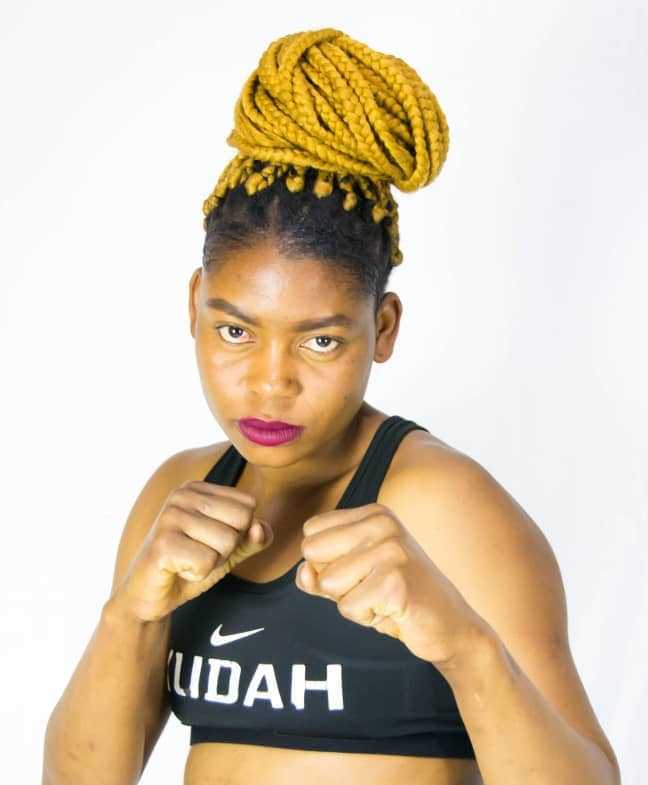
What it means therefore is that females such as Kudakwashe “Take Money" Chiwandire -who last February made history by winning the World Boxing Council (WBC) interim bantamweight title in Zambia against Catherine Phiri – is not recognized legally as a sport champion in Zimbabwe.
And neither is Sibanda who holds the World International Boxing Association (WIBA) inter-continental welterweight championship which she will defend at the Kingdom Hotel, Victoria Falls, on 27 August against Ugandan challenger Small Valente Aciro.
Over the years, there has been a notable interest in this combat sport and in the professional ranks, lady boxers who have made names include Diana Makumbe (now retired), Chiedza Homakoma, Zvikomborero Danzwa, Revai Madondo and Netsai Bondai, among others.
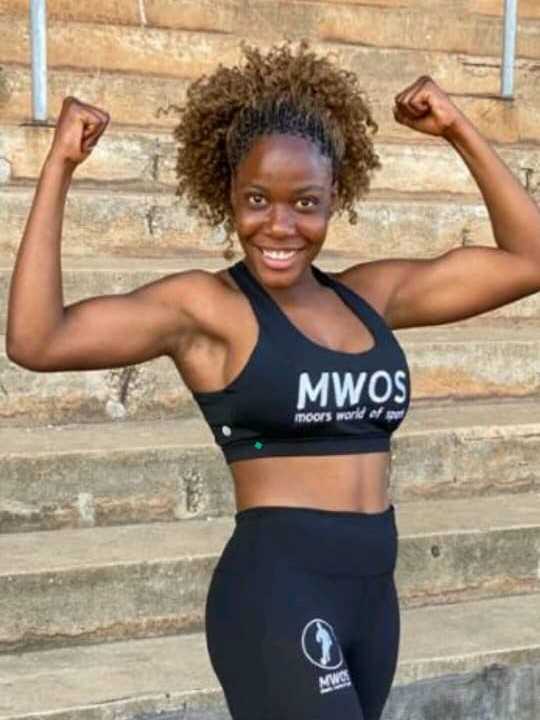
Corporates coming on board
Cricket, Football and marathons seem to enjoy the biggest chunk of corporate sponsorship in Zimbabwean sport. Boxing has long been an unrecognized, distant and poor cousin. This could have been because it was mostly perceived as being popular among economically disadvantaged youths from the wrong side of town.
There has, however, been a cautious approach from a few corporates who appear to be testing the waters and weighing the benefits before they can fully commit. Among those that have previously decided to associate their brands with boxing are MrT35, Nyaradzo Holdings, Doves, Phil-Jen Country Lodges and Mr. Bulk Water.
“We have been involved in this game for decades. To hear a voice of support from the corporate world saying they are prepared to partner this sport would be sweet music to our ears.
“The fact that in this present time as a promoter I’m still paying expenses and purses for boxing tells you that we are still in the wilderness. Come to think of it, 99% of all the tournaments I have hosted in the country, I have paid from my own pocket and what we have wanted to see all along were results through boxers like (Monalisa) Sibanda, (Kudakwashe) Chiwandire and others.
“That way, the corporate world will probably identify some reciprocal benefits out of sponsoring boxing,” Stalin Mau Mau told ZimNow in a recent interview.
He has been a boxing promoter for the past three decades, and was Zvenyika’s manager/promoter when he vied for and won, on two occasions, the Commonwealth title.
Conclusion
Talent and skill alone may not get one to their desired destination. Hard work, commitment and chance could add to the attributes needed for Zimbabwe to be able to produce the next Dereck "Delboy" Chisora.











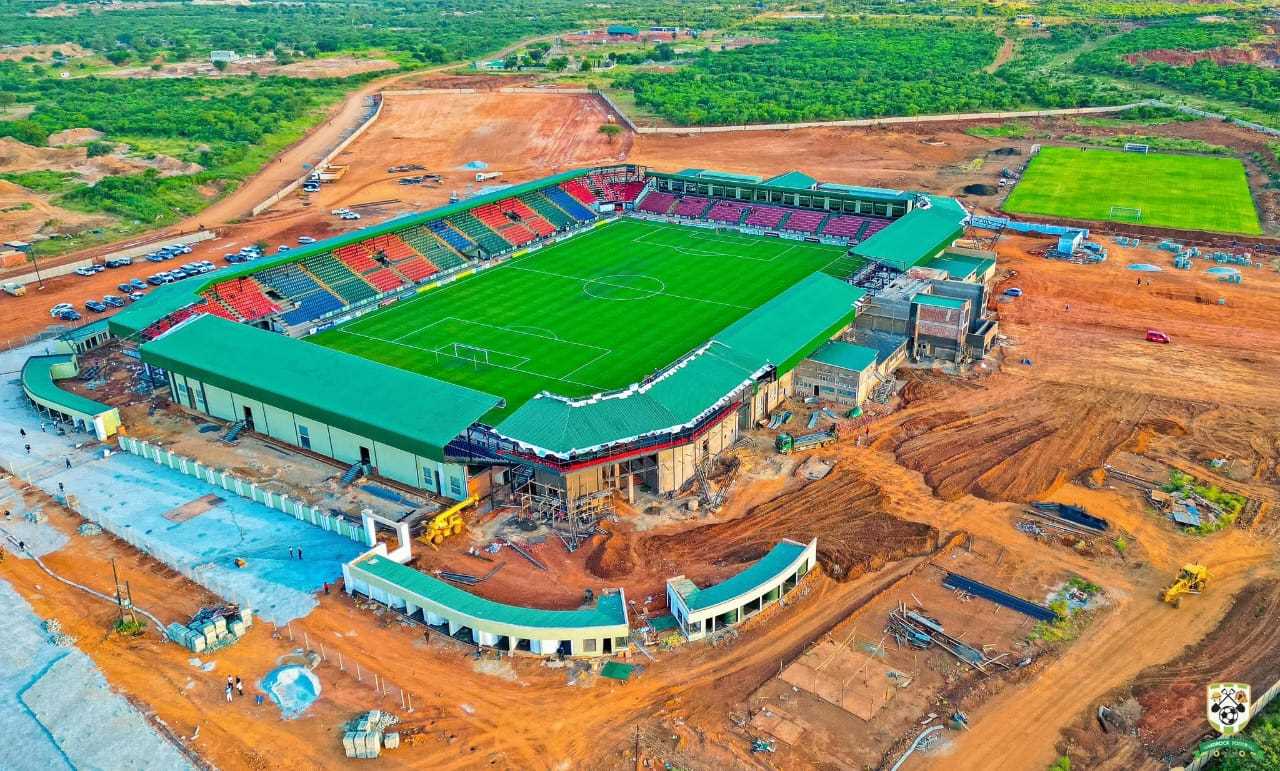
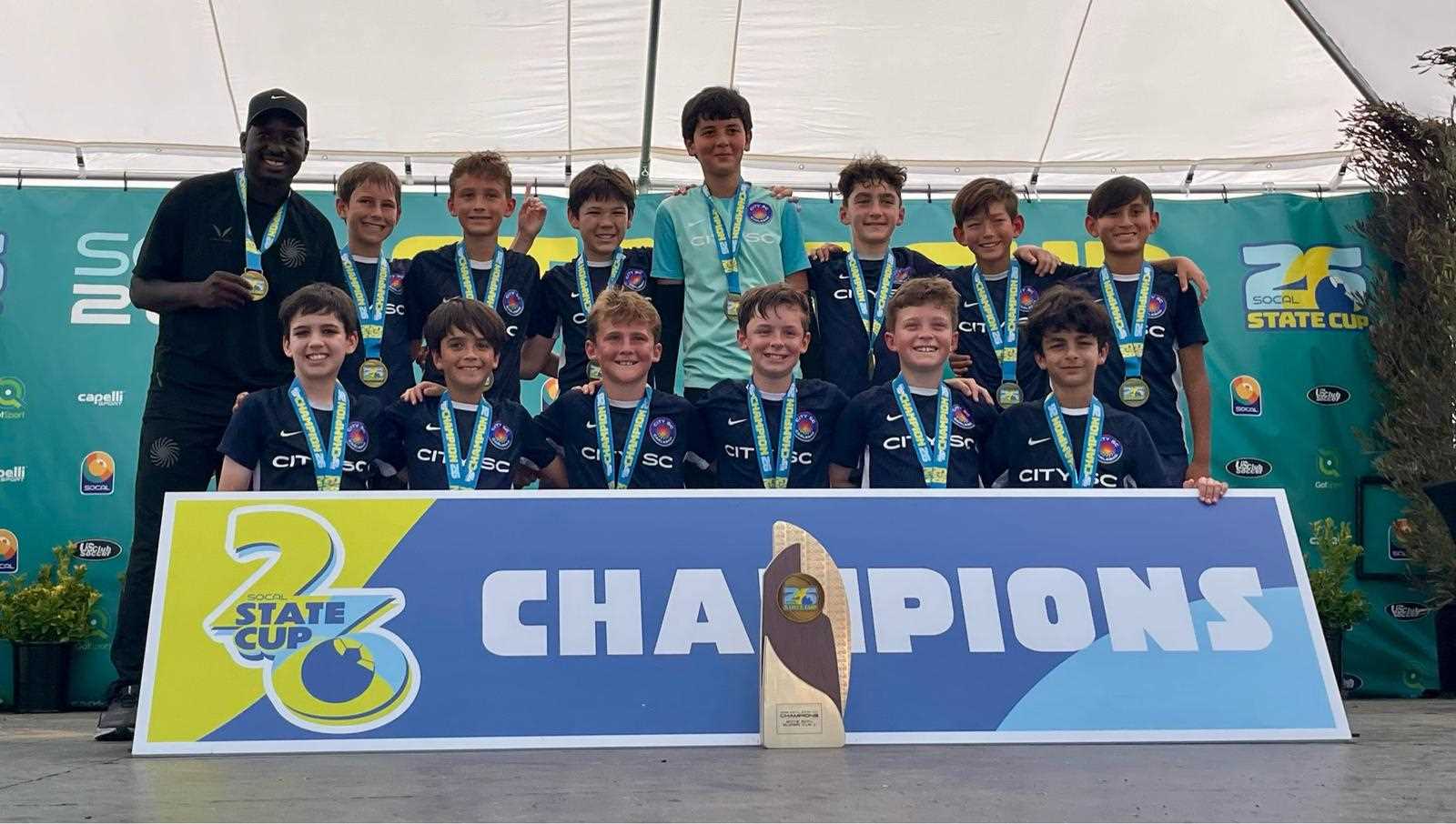


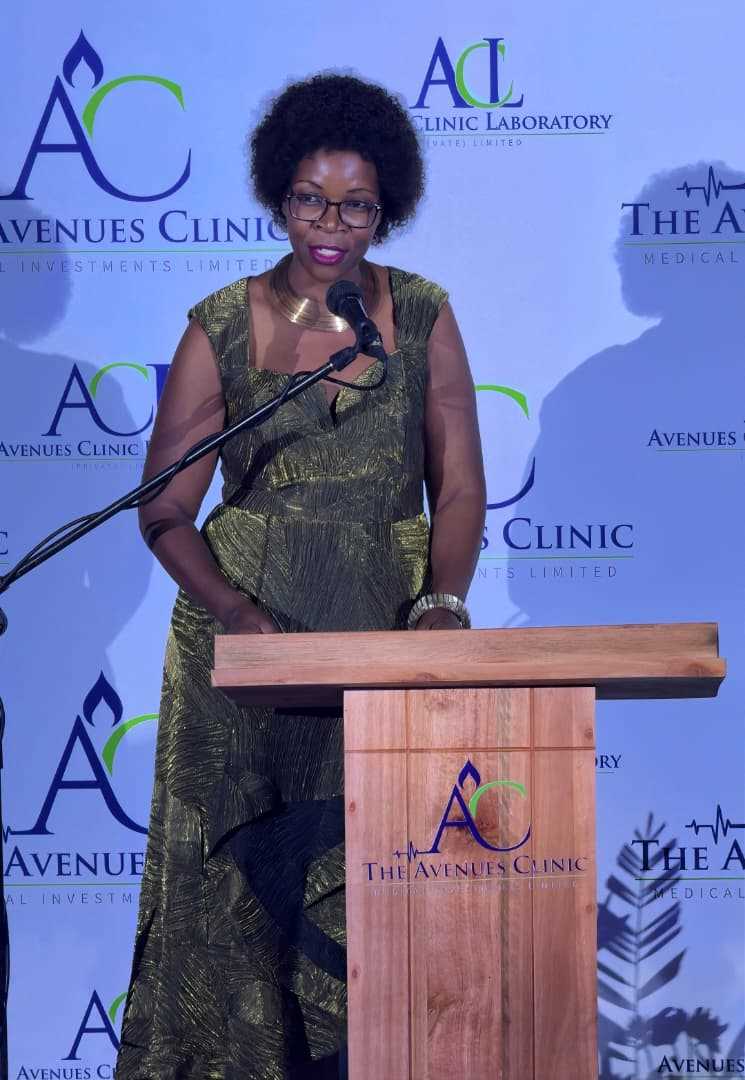
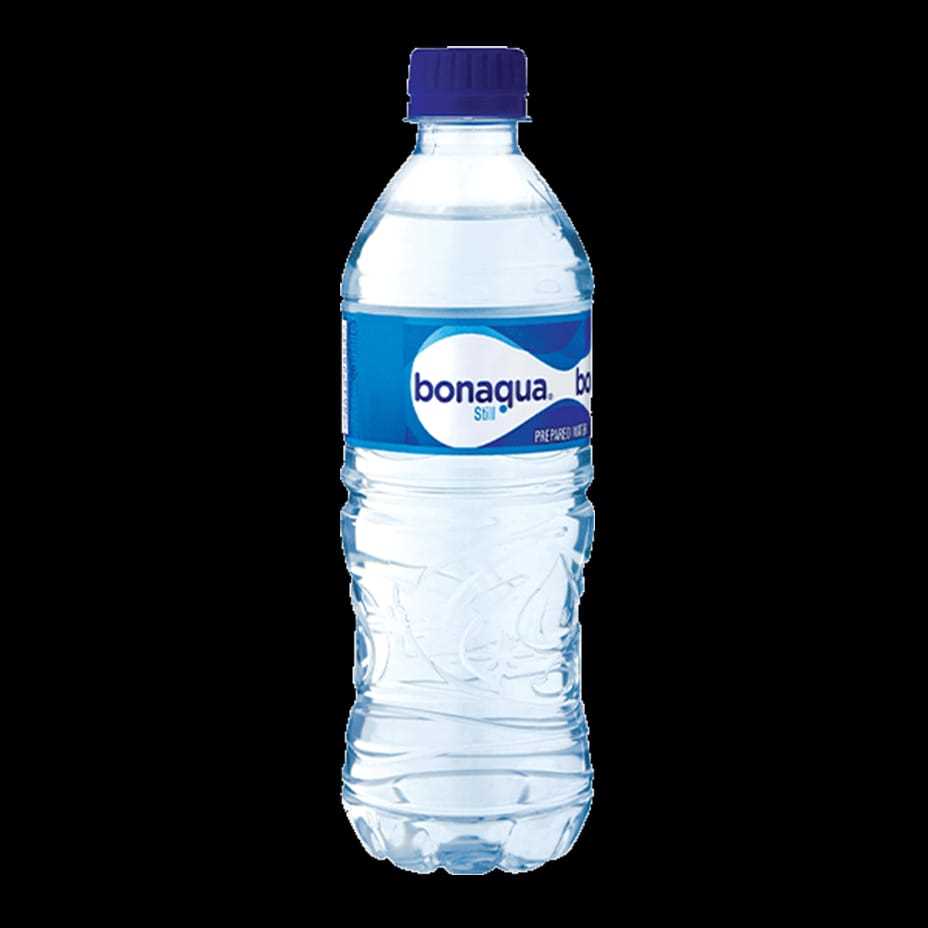


Recent Comments
Prince Thabo
I love boxing gyz I m architecture